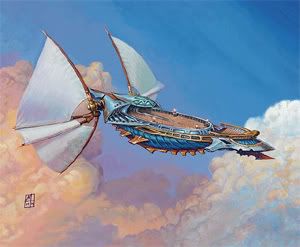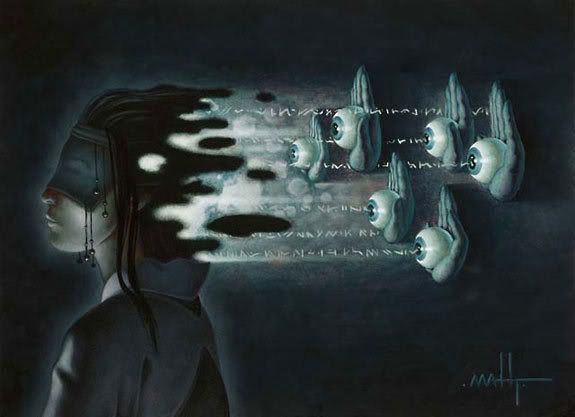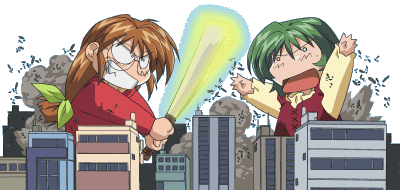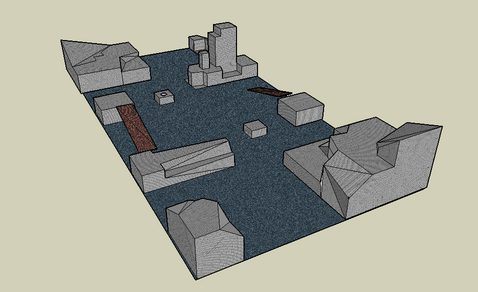Can a game company succeed in Malaysia?
- Yes, there are case studies of successful game companies out there. The problems that all face are the same (mostly time and finance) but they can be overcome with judicious application of insight, knowledge and experience in the game industry and market. If game companies outside of malaysia can overcome these problems, then so can we. In my opinion, the best way to go is the garage games concept.
- Forget about doing a AAA title or competing with the big boys already established out there, they have the money, time, resources, experience, man power, marketing strength, brand power, connections, established channels, knowledge and expertise to beat the crap out of any small upstart company that fantasize about matching them competitively.
- Do small games for niche markets to keep development and production costs low so you don't have such a high break even number while building up your knowledge, experience and expertise.
- Remember that there is no fast profit to be made in game development, the key to success is sustainability and the more games you develop and publish the better your next games are and the greater the chance that one of them makes a big hit that will bring you the desired success.
- Organise your finances properly and ensure that you have enough margin to keep yourself solvent and working on a second game/project during the long wait for the first completed game's income to roll in.
- Know the capabilities of your team and DO NOT be greedy and take on a project that you and your existing team is ill prepared to handle, it is not easy to quickly expand your company for a hoped for big project as you can't find good developers on the spur of the moment and scheduling will get f@(ked up. Develop games that your team know about, if they play FPS and hates RPG, for gods sake don't make an RPG, make an FPS instead.
- Research and know the industry and the market throughly, so as not to rely on the hyped up crap that is frequently bandied around by those who relies on hearsay for their news as it is in THEIR best interest to keep the hype up, however false it may be (easiest way to tell this people from the really informed ones is to watch out for the buzz words 'i hear...' or 'so and so told me...').
- Take a big grain of salt when reading published business and market reports of the game industry as alot of hype and self interest are normally weighted into them, the best and most accurate indicators are the users, independent organizations like IGDA, forums and actual market statistics, but you need to know how to weed out the chaff from the grains.
- Remember that although IT skills are required to develop a game, the game industry as a business and market is NOT an IT business or an IT market. It is an ENTERTAINMENT business and market. The only parts IT principles should play in is the development pipeline for the technology and management of game content and assets. This is a problem that many game development managers in Malaysia still don't understand. Applying IT based business and market principles to the game business and market is a sure fire way to failure, unless you are developing middle wares, game code solutions and game engines or components for others to make games out of.... in that case you aren't a real true blue game developer, you develop technology for the use of the game industry, you don't develop games.
Written by ShaDee of Phoenix Game Studio
Source:
IGDA forumLabels: Articles
Read More...








